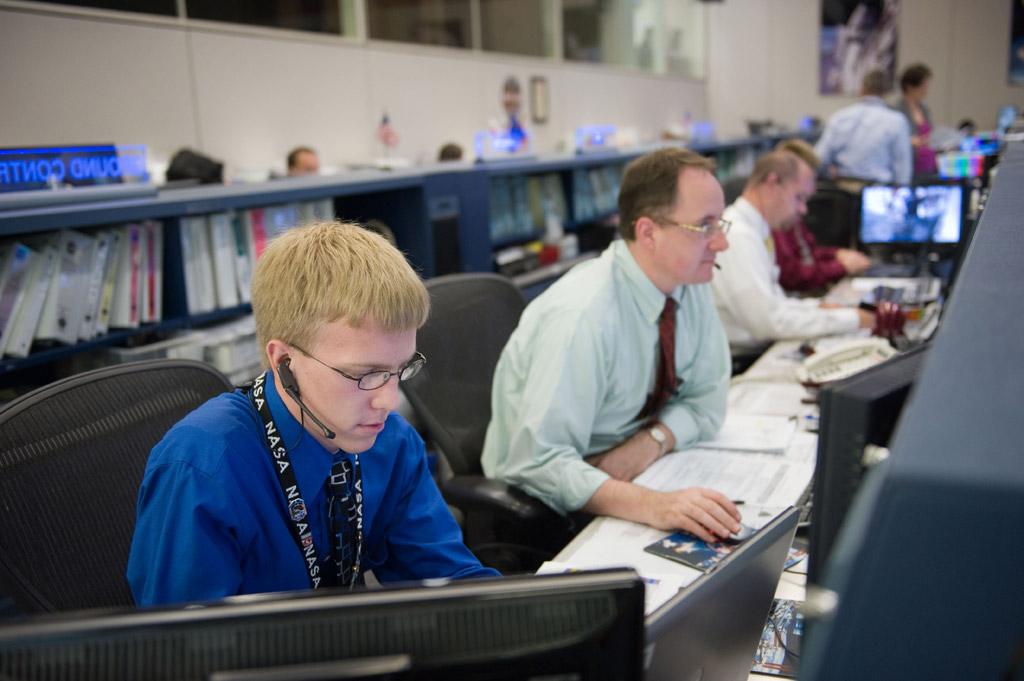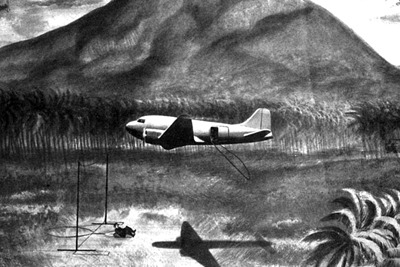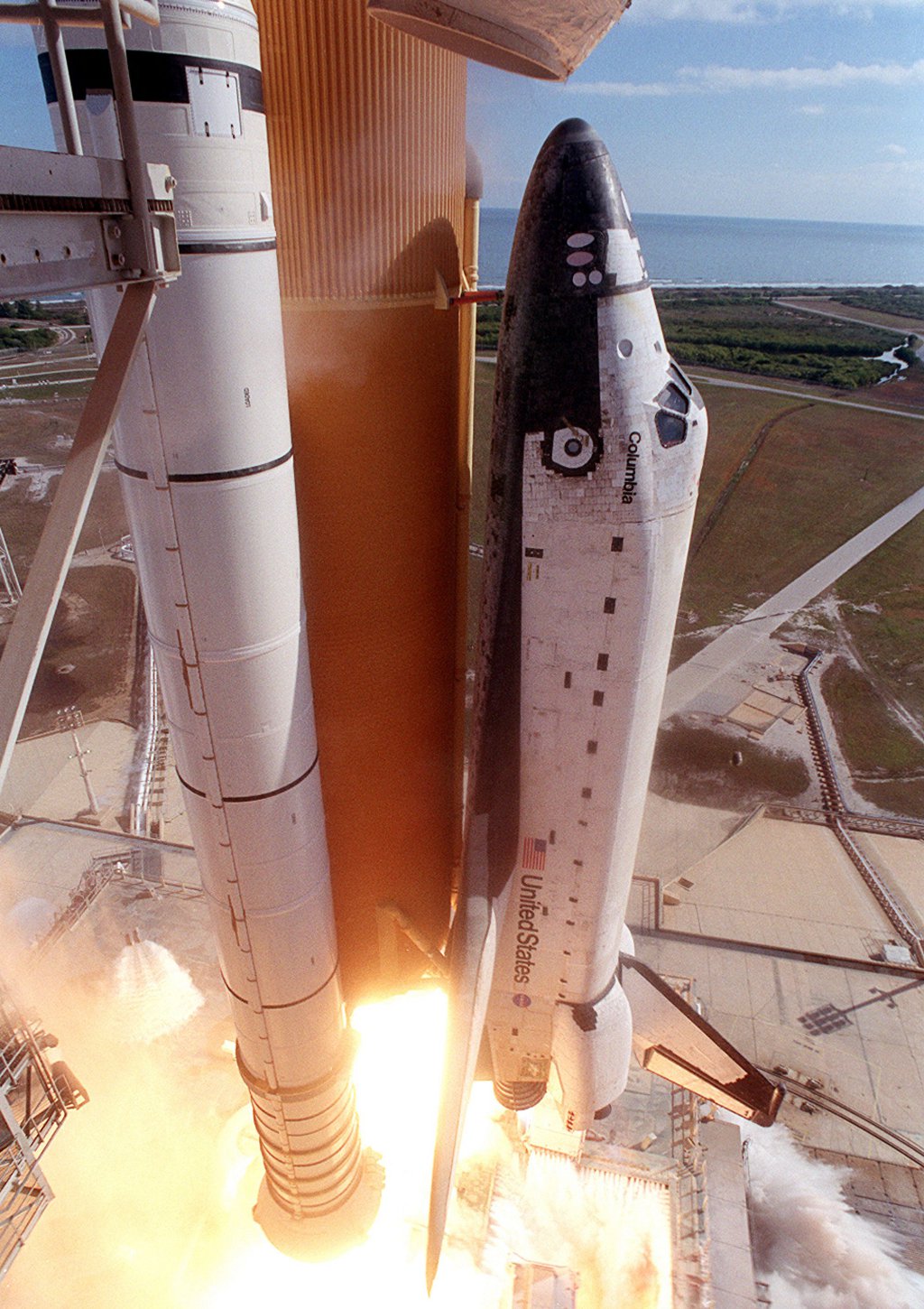June 14, 2011 Vol. 4, Issue 4
A common refrain from very experienced practitioners at NASA is, “You’re never as smart as you think you are.”
NASA’s mission has always enabled the agency to attract a highly talented workforce. We have world-class experts in any number of technical disciplines, and many at NASA have worked on programs or projects that are truly the “first and only” in a field. This can lead us to hold ourselves in high self-regard. “Nobody else in the history of humanity has ever done what we do,” we tell each other. “We must be unique.”
Since we’re smart, we try to stay on our guard and not get too comfortable. We’ve known stories about the dangers of hubris—we’re aware that past success cannot inoculate us against failures in the present. And yet we can’t let go of the thought that things are different for us. Nobody else does space exploration like we do.
The truth is that large, complex projects in any number of sectors have lots of commonalities. Many are firsts and onlies, from the world’s largest laser to the world’s deepest oil well. Many fail to deliver within 125 percent of baseline cost (the threshold for a “critical breach” of the Nunn-McCurdy Act for Department of Defense programs), which often leads to schedule setbacks as well. And many exist in highly politicized contexts where everything from funding to environmental concerns can derail progress. In short, we’re not alone.
Over the years, the Academy has brought practitioners from other sectors to NASA so we can learn from them. We work closely with the Project Management Institute (PMI), the world’s largest professional organization dedicated to project management. (See the article in this months issue about PMIs approval of NASAs project management certification process.)
We have invited participants from organizations ranging from the Department of Defense to the Brazilian oil giant Petrobras to share lessons with us. Since 2010 we’ve been part of the International Project Management Committee, a group that includes space agencies, industry partners, professional associations, and others interested in sharing best practices in project management. We’ve also learned from practitioners in sectors far from aerospace, such as pharmaceuticals, finance, and entertainment. Though the particulars of our respective businesses are different, we share a common organizing principle: the basic unit of work is the project.
The result has been a network of practitioners around the globe who help us benchmark our own efforts, identify our strengths and gaps, and inspire us to do better. We learn as much from colleagues at the Shell Project Academy, for example, as we do from others in the aerospace industry because the problems of workforce development in a project world are fundamentally common. When we step back from the specifics of our industry and sector, we see more similarities than differences. There is a lot we can learn from each other.
Have you learned valuable lessons from project professionals outside your discipline? Share your experience on the Academy’s Facebook page.









